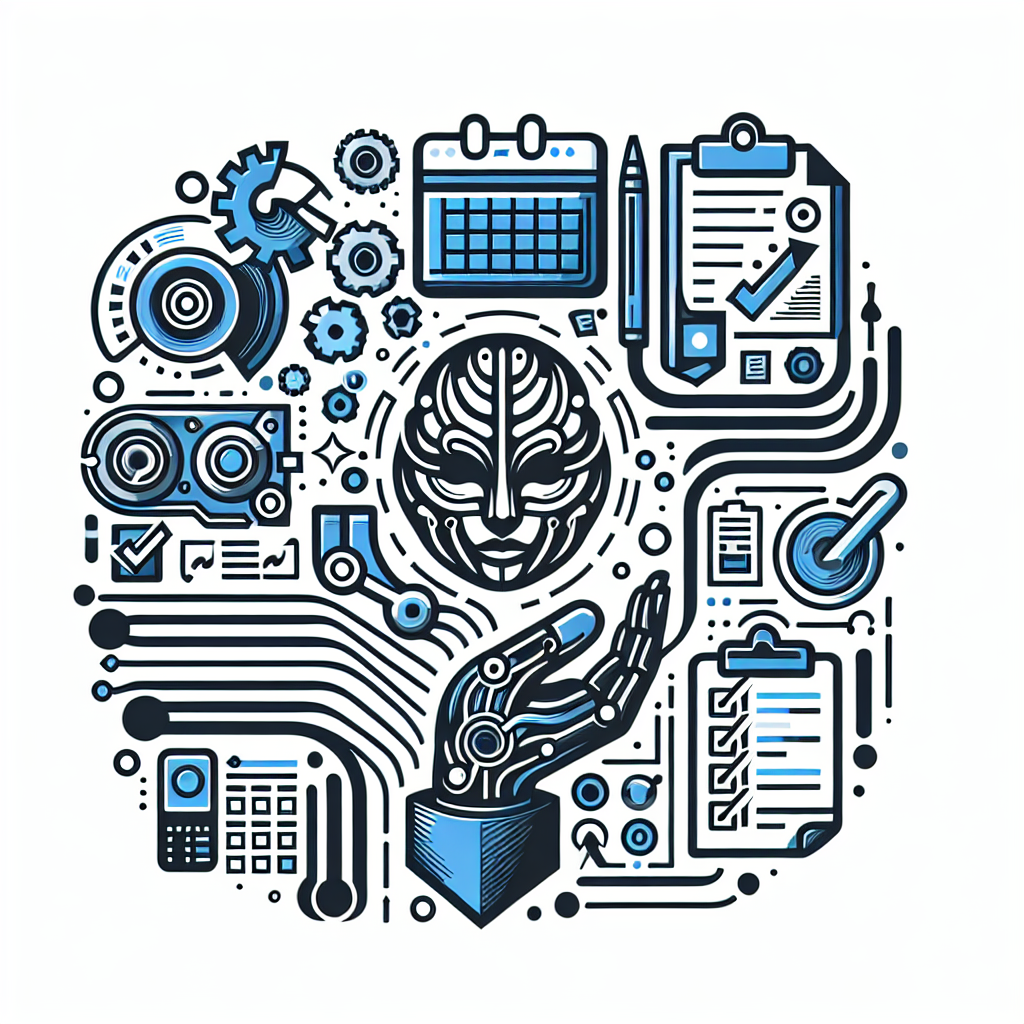Artificial Intelligence (AI) has revolutionized many aspects of project management, enabling greater transparency and accountability throughout the project lifecycle. By harnessing the power of AI technologies, project managers can make more informed decisions, improve project efficiency, and ultimately deliver better results.
One of the key benefits of AI in project management is its ability to provide real-time insights into project progress and performance. AI algorithms can analyze vast amounts of data to identify trends, patterns, and potential issues that may impact project outcomes. By leveraging AI tools such as predictive analytics and machine learning, project managers can anticipate risks, forecast project timelines, and make proactive adjustments to ensure successful project delivery.
AI can also enhance project transparency by providing stakeholders with a clear view of project status, milestones, and key performance indicators. Through interactive dashboards and reports generated by AI systems, project managers can communicate project progress in a visual and easily digestible format. This level of transparency fosters trust and collaboration among project team members, sponsors, and other stakeholders, ultimately leading to more successful project outcomes.
Furthermore, AI can help streamline project management processes by automating repetitive tasks and minimizing human error. For example, AI-powered project management tools can automatically schedule tasks, allocate resources, and track progress, allowing project managers to focus on more strategic activities. By reducing the administrative burden of project management, AI enables project managers to allocate their time and resources more effectively, leading to increased productivity and efficiency.
In addition to improving project transparency and efficiency, AI also plays a key role in enhancing project accountability. By providing a data-driven approach to decision-making, AI helps project managers identify and address performance issues, hold team members accountable for their responsibilities, and ensure that projects are delivered on time and within budget. AI algorithms can analyze individual and team performance metrics, identify areas for improvement, and provide recommendations for optimizing project outcomes.
Moreover, AI can help project managers track and monitor project risks more effectively, enabling them to take proactive measures to mitigate potential threats to project success. By analyzing historical project data, AI systems can identify common risk factors and trends, allowing project managers to develop risk mitigation strategies that are tailored to the specific needs of each project. This proactive approach to risk management not only improves project outcomes but also enhances project accountability by demonstrating that project managers are actively managing and mitigating project risks.
Overall, AI project management enables greater transparency and accountability by providing project managers with real-time insights, automating repetitive tasks, and enhancing decision-making processes. By leveraging AI technologies, project managers can optimize project performance, improve stakeholder communication, and ensure that projects are delivered on time and within budget. In an increasingly complex and fast-paced business environment, AI project management is a valuable tool for organizations looking to drive innovation, improve project outcomes, and stay ahead of the competition.
FAQs:
Q: What are some examples of AI project management tools?
A: Some popular AI project management tools include Asana, Trello, and Monday.com. These tools leverage AI technologies such as machine learning and predictive analytics to help project managers streamline project processes, track progress, and make data-driven decisions.
Q: How can AI improve project transparency?
A: AI can improve project transparency by providing stakeholders with real-time insights into project progress, milestones, and key performance indicators. By generating interactive dashboards and reports, AI systems enable project managers to communicate project status in a visual and easily digestible format, fostering trust and collaboration among project team members and stakeholders.
Q: How does AI enhance project accountability?
A: AI enhances project accountability by providing a data-driven approach to decision-making, identifying performance issues, and holding team members accountable for their responsibilities. By analyzing individual and team performance metrics, AI systems help project managers ensure that projects are delivered on time and within budget, demonstrating a commitment to project accountability.
Q: What are the benefits of using AI in project management?
A: Some key benefits of using AI in project management include improved project transparency, enhanced decision-making processes, streamlined project workflows, and increased productivity and efficiency. By leveraging AI technologies, project managers can optimize project performance, minimize risks, and deliver better results for their organizations.

